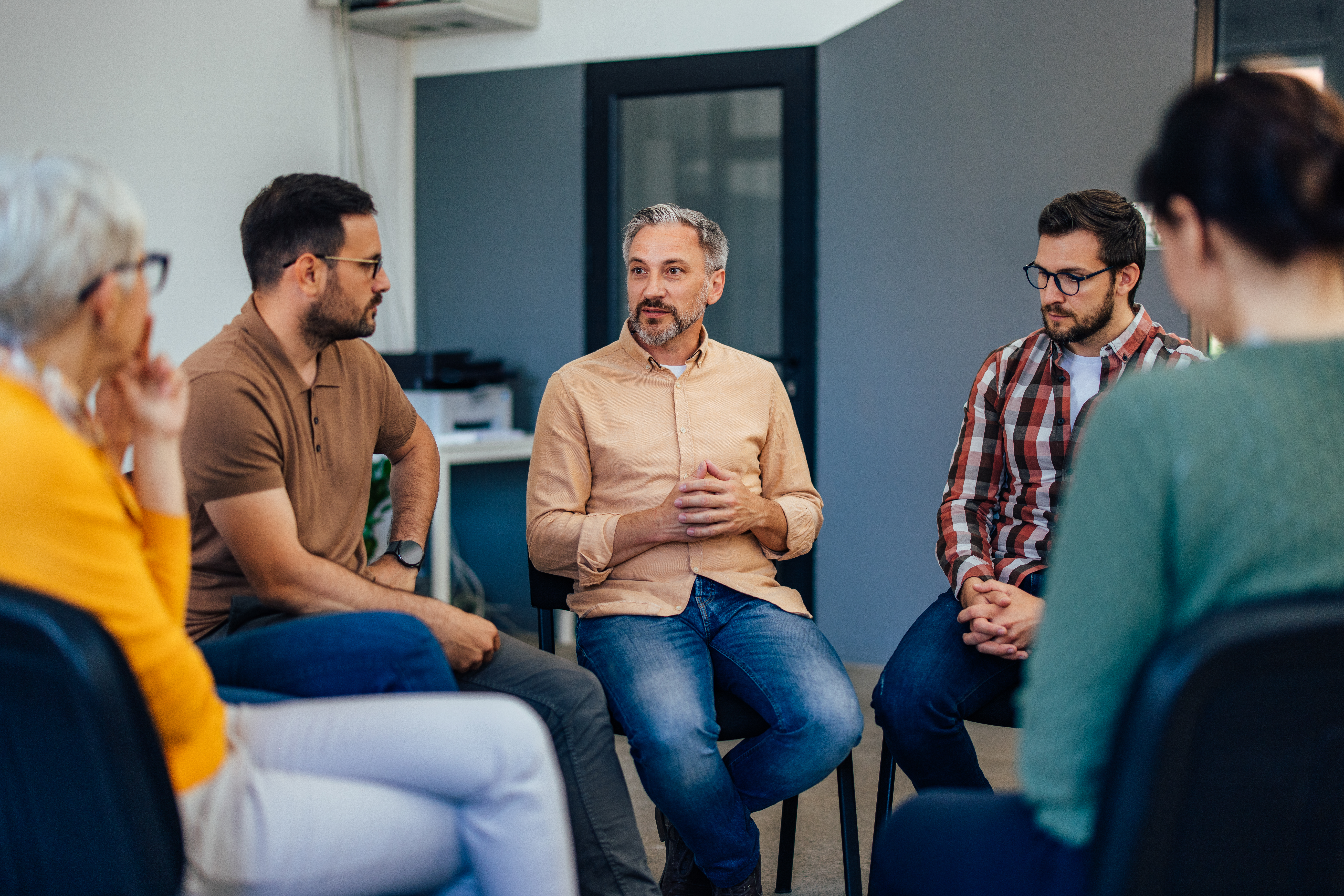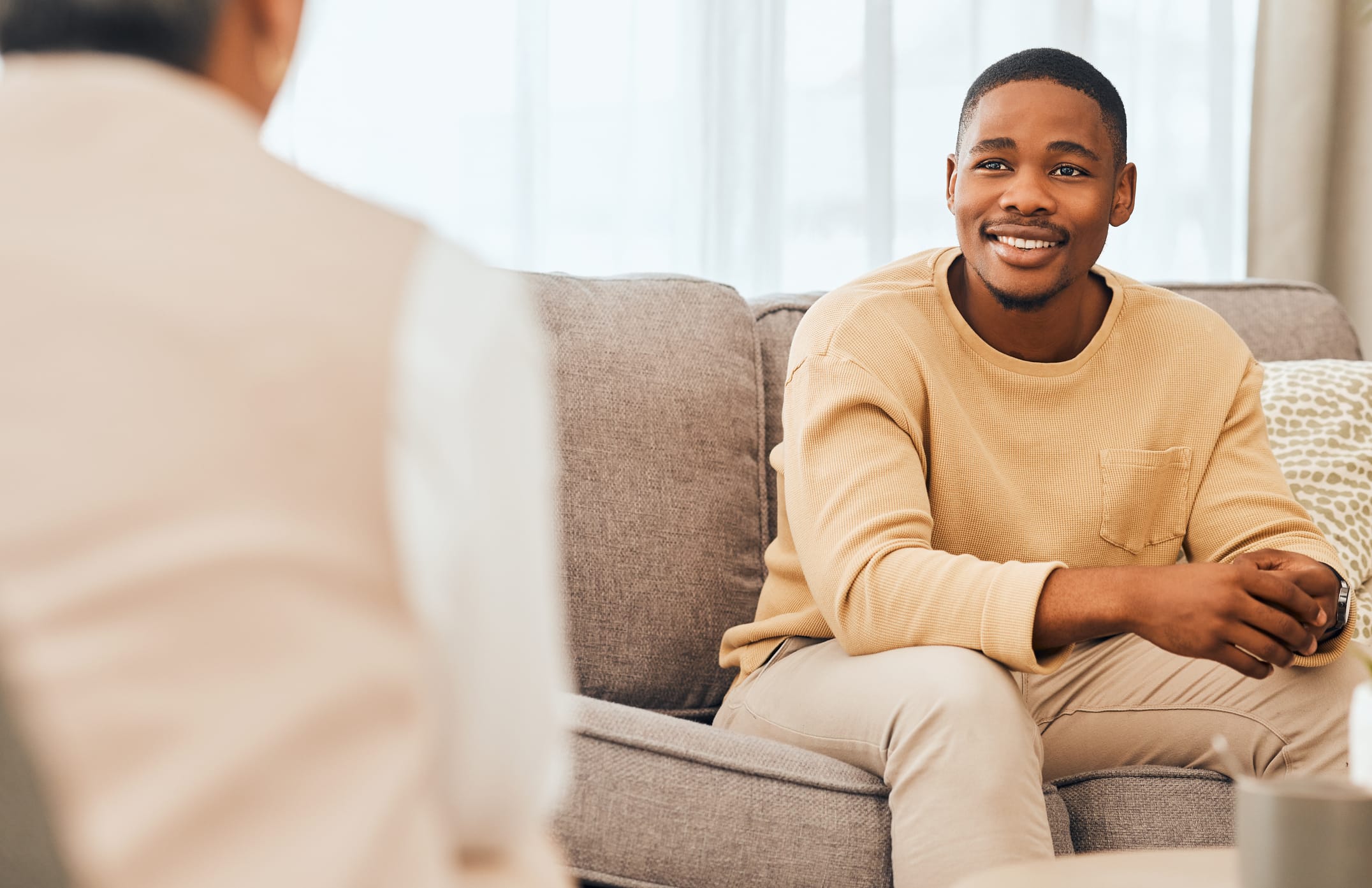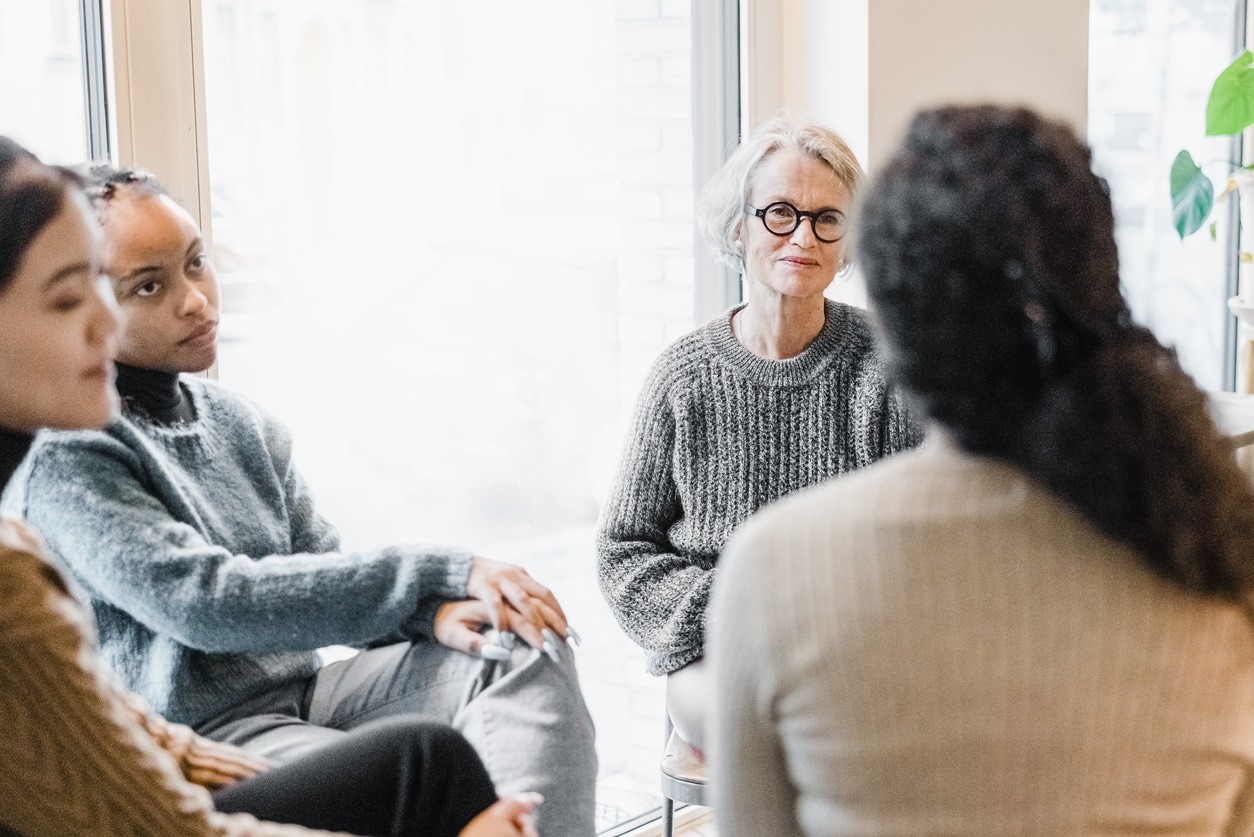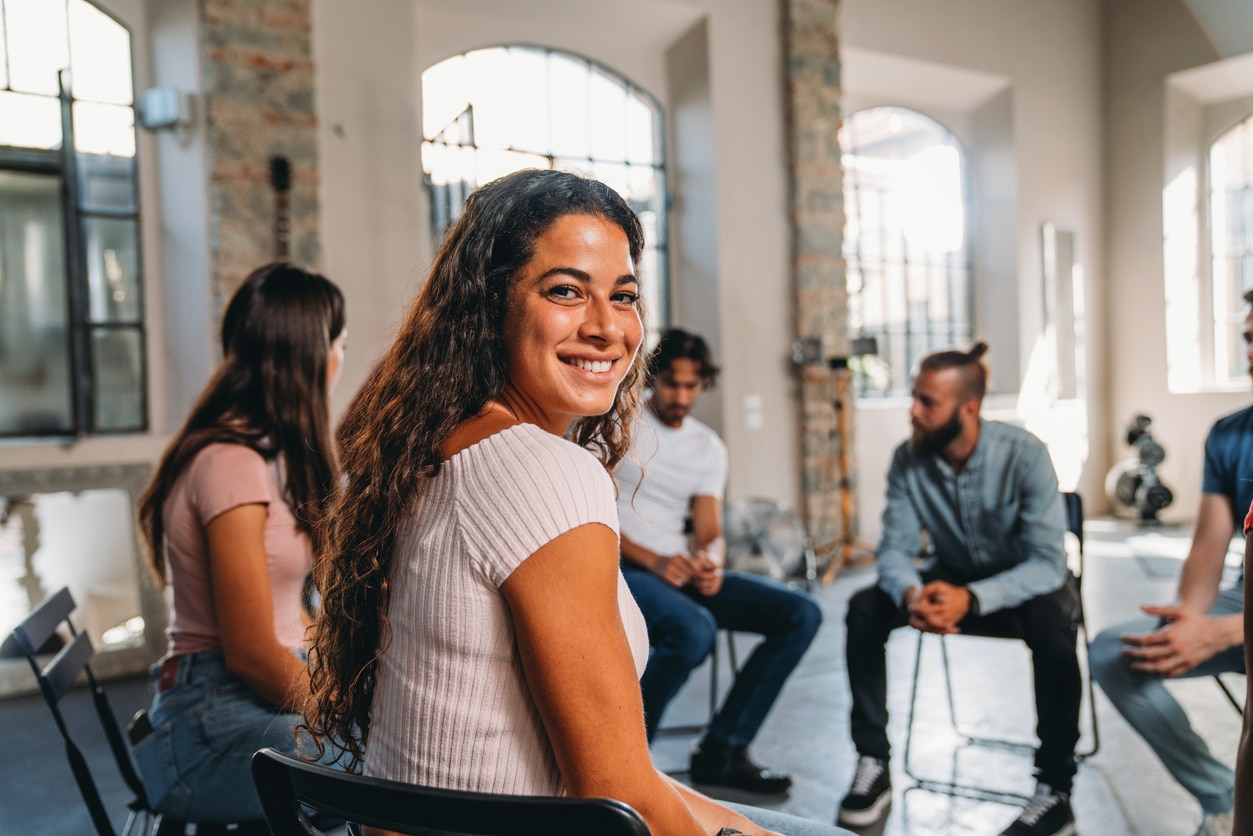Social Isolation and Early Recovery: Pitfalls, Community, & Loneliness
As I am lying in bed I begin to think about all the days of self-imposed loneliness and social isolation from when I was using drugs and alcohol I wonder how much of this pending isolation will trigger those feelings again.
The year before my long journey into myself began I remember being so amped up to go camping.
I packed all my camping equipment into the trunk of my car and declared to whomever would listen “this is the weekend, this weekend I shall depart into the woods to begin an adventure.”
Every weekend for 12 weeks I declared this again and again.
I left all the camping equipment in the trunk of my car just waiting for the next opportunity to take that adventure.
Rather than do that, I sat in my house. I sat there and didn’t see the sunlight, I didn’t meet my neighbors, I didn’t talk to my friends. I sat playing online poker, and doing drugs.
I was a vampire: energy, resource, time, and genuine avoidance of the light.
I isolated myself down to one person, the penultimate using buddy, and then I isolated myself from them so that I wouldn’t have to share or expose the deep void of loneliness that had engulfed me completely.
I remember the first time I went to a meeting and I stood up and people clapped and welcomed me, it was the first time I was able to rid myself of that gut-wrenching lonely feeling.
I felt like this was my place, this was where I belonged. This was my chosen family, the place I knew I would come over and over again, the end of isolation and loneliness.
Too bad life doesn’t work that way in reality because sometimes our recovery has to do deal with the social isolation piece and how do we face forced isolation when we are new in recovery?
- Where do we send the still suffering people to get better if we cannot open the doors.
- How can we embrace our newcomers, as we definitely cannot touch them?
- What happens when the fear of the world meets the reality of recovery?
We Must Reach Out
To that, I can say that we must reach out.
It is imperative that we provide some means or ability to access a real live human being.
If the antidote to guilt and shame is love and acceptance then how can we love and accept the newcomer without ever touching them or meeting them in person?
This is today’s major pitfall and struggle for the newly recovering person.
The country is in crisis, our members are in crisis.
We want so desperately to open the doors and our arms to welcome these folks into the fold.
Keep Coming Back
To end the loneliness and social isolation with those three little words “keep coming back.”
The rooms of recovery are a major lesson for the rest of the world when isolation is a requirement.
We all know exactly what it feels like to be spending all our time cooped up in the house alone, and lonely.
Recovering people know fear and uncertainty, maybe that’s why we are fighting so hard to maintain that human connection, there’s a deep intrinsic understanding of how badly social isolation impacts the human soul.
Life Lessons
Here are a few life lessons to take from this:
Social Distancing does not equal loneliness: hear me out, we do not have to be lonely to be physically separate from others.
Although we cannot participate in human touch, we can do other things, like embrace our own spirit and share that with others.
We can utilize all the technology at out fingertips and pick up the phone, call someone, text someone, however you want to do it. We do not have to be lonely even when we are all alone.
The risk here is when a newcomer walks into recovery they do not know how to switch from isolation to distance, there is no on/ off yet.
So, it then becomes the responsibility of those who can help show them the way.
Go back through Gary Chapman’s Five Love Languages and read about what he states.
If physical touch is your number one love language then look to the 2nd and work on building communication through that. Total tangent, sorry all.
Social Distancing
Social distancing does not mean that we are now to be sentenced to loneliness.
It does mean that we are now challenged to meet the needs of newcomers through other means.
We get the opportunity to show others how to recover no matter what.
Loneliness is a state of mind not a place of existence so no matter where we are if we can connect to other human beings on any plane we can combat the loneliness that resides within us.
The pitfall is that early recovery involves the feelings of loneliness, as we learn more about social distancing we will have to figure out a more hybrid way of living.
Community is Everything
I have seen two different mindsets to this.
The first being f*&k everyone and hoard.
This is pervasive in the U.S where lines for toilet paper exceed lines for Disneyworld on Christmas day.
This is the fear mindset that is such a pitfall for folks who are new in recovery. If we don’t know how to foster our community then people will act like we don’t know how to foster our community.
I promise you do not need $300 of toilet paper to survive.
I have been down to my last 4 rolls distributing any paper products I receive to those who genuinely have none.
Why? Mostly because we are all in this life thing together, and I don’t need the extra.
To me, my community is quintessential to my recovery.
Without it, I am completely lost so if sharing a roll of toilet paper is going to speak your love language then cool, here ya go. Let me share this again community is everything.
Your neighbors will either eat your face or walk with you to shelter when the zombie apocalypse begins.
The Recovery Community
I love being around people in recovery because I know there is the fierce sense of protection of others. What brings out that characteristic are the years of self-imposed isolation and loneliness.
So the pitfall here to the early recovering person is that they do not have the opportunity to find and plug into their community. They cannot find their ride or die.
This is what the community must do an entity though-rally to provide the community process with or without the in person contact.
Social distance does not equate to loneliness and community is not dependent on physical proximity.
Rallying together for the greater good depends on our community though. We must share our recovery freely to those who are suffering or we will face the reality of our living in fear with long-term recovery.
Which brings me to my final point.
Stop Feeding the Fears
Fear is a hell of a drug: when practicing social distance the number one feeling that is triggered is fear.
How can I stay in the middle of the boat if the boat ceases to exist?
Fear is the seed that is planted in every toilet paper run, every person standing in line at the ER, and every person that is saying I am out for mine and you figure the rest out.
Fear is a great motivator it drives us deep into insanity. It carries us out of our disease. Fear makes us strong in ways we never thought we could be.
Without fear of things, humanity would not thrive because we would try to cuddle cobras and whatnot.
Fear is a drug that is powerful, readily available, and sustainable over a long period of time. We can fear the world, we can fear the situation, we can fear other people, we can fear running out of toilet paper, and none of these will appear to directly impact us.
It is the one drug that won’t directly kill us, but it will drive us to the brink. Fear is the finger on the trigger every single time we see someone relapse. Fear of loneliness, fear of social isolation. Fear…without fear we would have no addicts.
I genuinely believe that. Fear is the driver of this pandemic more than anything else.
We do not need to be living in fear just because scary things are happening in the world. If our community evolved as quickly as the things that are trying to destroy it we would not have to be afraid of the world today.
Our communities would support us. The recovered could carry and support the sick and those getting better.
The recovered will be responsible to stop feeding the fears.
Carrying the Message
As with our recovery we are now tasked with carrying the message that our community is strong, our members are resilient, and we have something to share to those who are new. Those who are frightened and those who do not yet know how to trudge that happy road of destiny.
We now can walk with grace and show the newcomer exactly how to end their isolation and roll with change and resistance.
Our microcosm communities of recovery have shown us how to band together and avoid loneliness even in times of social distance.
- We have learned how to avoid social isolation even without proximity to another human being.
- We must rally, we must open the doors, and as those recover, they must carry the message.
- We open the doors through our ability to love and support another human being.
Dedicated & Determined
We can always alter what love language we speak, but we have to stop feeding the fears.
Without leaders demonstrating how to walk through fear I would never be sitting here today writing this article.
Today I am dedicated and determined to carrying the message of recovery to all who seek it- a new way of life.
Let us take this day to rally together to remember that the process of recovery is like going to the grocery store- we take what we need, leave the rest and if there is someone who needs it more than us we pass it on.
Reach out to your community today, whether that be a 5 foot away hug, a FaceTime call, a text, or a message on social media. Reach out and remind them that this is a, we thing, not, a me thing.
Show the world that the whole of anything is greater than its parts. As Gestalt theorized the attributes of the whole are not deducible from analysis of the parts in isolation.
About the Author
Sarah Zubrin MA, MFT, LAC Chief Clinical Officer of Mile High Recovery Center
Sarah is a Licensed Addictions Counselor, with a Master’s Degree in Marriage and Family Therapy.
As a Colorado native, you can find her outside of work rock climbing, hiking, skiing, camping, and walking her dogs. Sarah has been working in the mental health field for over a decade and has extensive experience in the co-occurring field.
She has many years of experience working with at-risk adolescents, young adults, adults, and their families in both outpatient and residential settings. Recently she has been working as a clinical supervisor for addiction counselors in training and working clinically in the full continuum of care.
Sarah has a deep level of compassion and passion for the recovery community and believes that recovery is possible for every client that walks through the doors.
With a truly integrated approach to treatment, co-occurring disorders are addressed simultaneously.
She also believes fully that working with families to help change the family culture is an essential part of the process. She works both individually and in groups to help every client develop sustainable long-term recovery skills.









